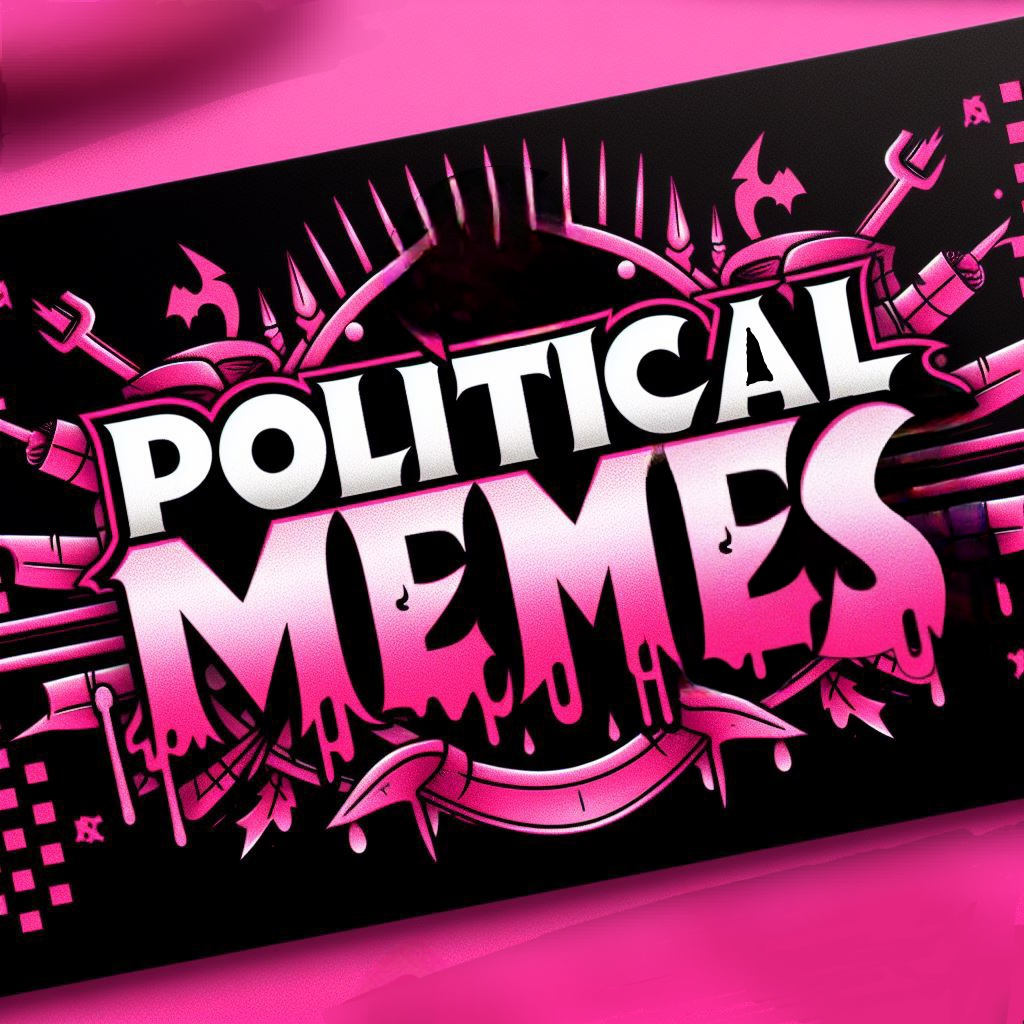

you being better at math will make you favored for the accounting job
This isn’t always the way it shakes out because there are more factors than skill or merit that determine who has what position. You might be better at math, but you’re also better at cooking, so you get a job as a chef and someone who is worse at math is your accountant, but since it’s their job, they know the accounting laws that apply to your business better.
There isn’t some grand artificial intelligence with a universal database that has categorized all people and their skillsets such that we could easily identify who is better than anyone else at something and equitably apportion those people to those positions and doing so would violate individual freedoms.
What if you’re better at math, but you find being an accountant sucks and you become an artist instead? Should you be treated worse just because you didn’t choose to be an accountant?
Many determinations of “better” will be highly subjective, so it’ll just come down to what the people currently in charge think is of value, and that’s a recipe for unethical discrimination. Sure, we can determine who can run faster, but there’s not an easy measurement for who is a more deserving person if there are limited resources to apportion.











People already know that people aren’t equal in skills or talents or abilities. You’re not really saying anything new there. But you are saying that people should be treated inequally by virtue of undefined criteria, and that necessarily requires someone to make a judgment call as to what is valuable and what is not. You’re not following your assertions through to their logical conclusions. Hypotheticals are useful for evaluating proposals to see if the proposals are practical or humane or achievable. If you aren’t sure how your proposal would play out, you’re admitting you haven’t thought it through enough. There isn’t much value in a raw concept with no feasibility.